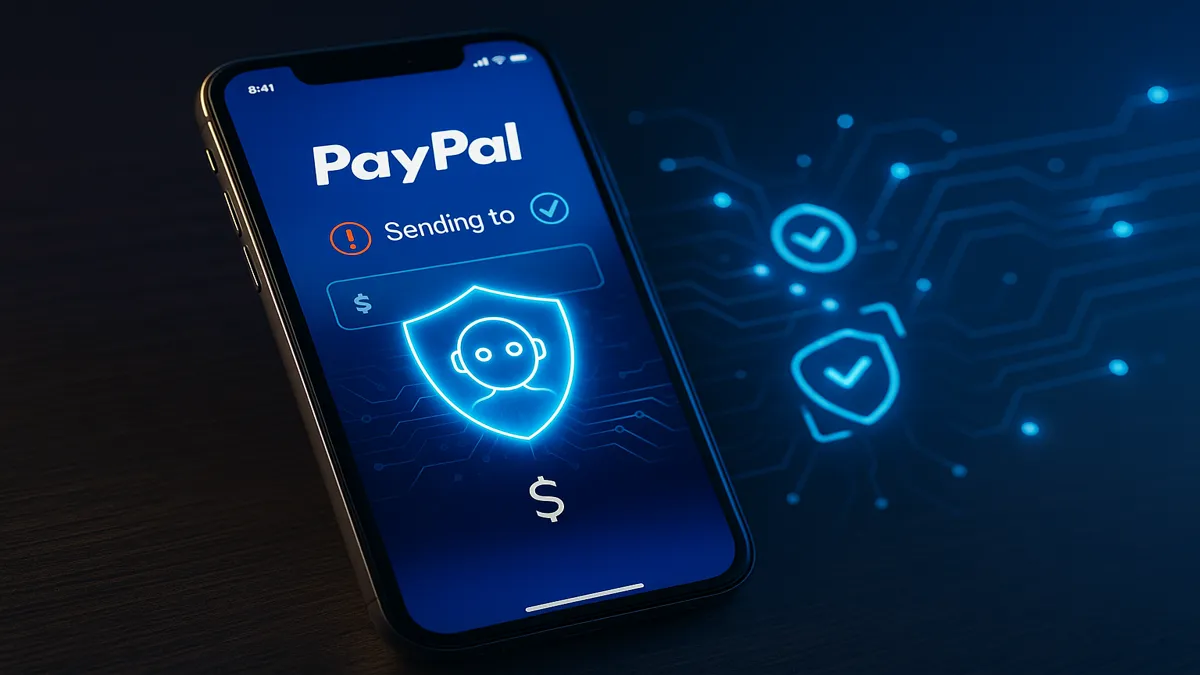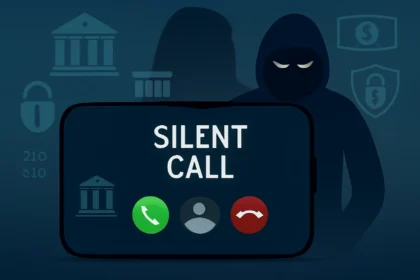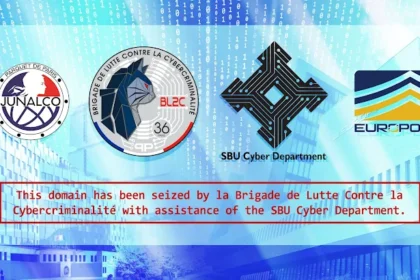PayPal is rolling out a new AI-based system designed to help prevent users from falling for common scams by analyzing transactions in real time and warning users before they send money.
Smarter Protections with AI
The new feature, called “Smart Scam Alerts,” leverages artificial intelligence to detect suspicious transactions—especially those involving deceptive invoices or payment requests impersonating legitimate businesses or services.
If the system detects a potential scam, it will trigger a pop-up warning message explaining why the payment looks risky. Users are then given a chance to cancel the transaction before it goes through.
PayPal’s new AI-powered scam alert system warns users before sending risky payments—already preventing over $1 million in fraud losses.
Why This Matters
Online fraud, especially involving payment apps and peer-to-peer transfers, is on the rise globally. Scammers often impersonate trusted companies like Amazon, Microsoft, or government agencies to trick users into paying bogus invoices or sending money under false pretenses.
PayPal’s system is trained to spot common fraud patterns—like unusual payment requests or flagged keywords—and intervene before the transaction completes.
Early Results and Rollout
According to PayPal, the AI system has already prevented more than $1 million in potential fraud losses during internal testing and limited rollout. The company plans to expand the feature to all U.S. users in the coming weeks, with global availability expected to follow.

How It Works
- When sending money or paying an invoice, PayPal’s AI reviews the context.
- If a suspicious pattern is detected, users receive a clear warning message with an explanation.
- Users can then cancel the payment or proceed at their own risk.
What You Should Do
- Stay alert when receiving unexpected invoices or payment requests.
- Double-check the sender’s identity before making payments.
- Use PayPal’s buyer protections whenever possible.
This update marks a positive step toward smarter financial safety using artificial intelligence—and serves as a reminder that even in peer-to-peer apps, vigilance remains crucial.





















